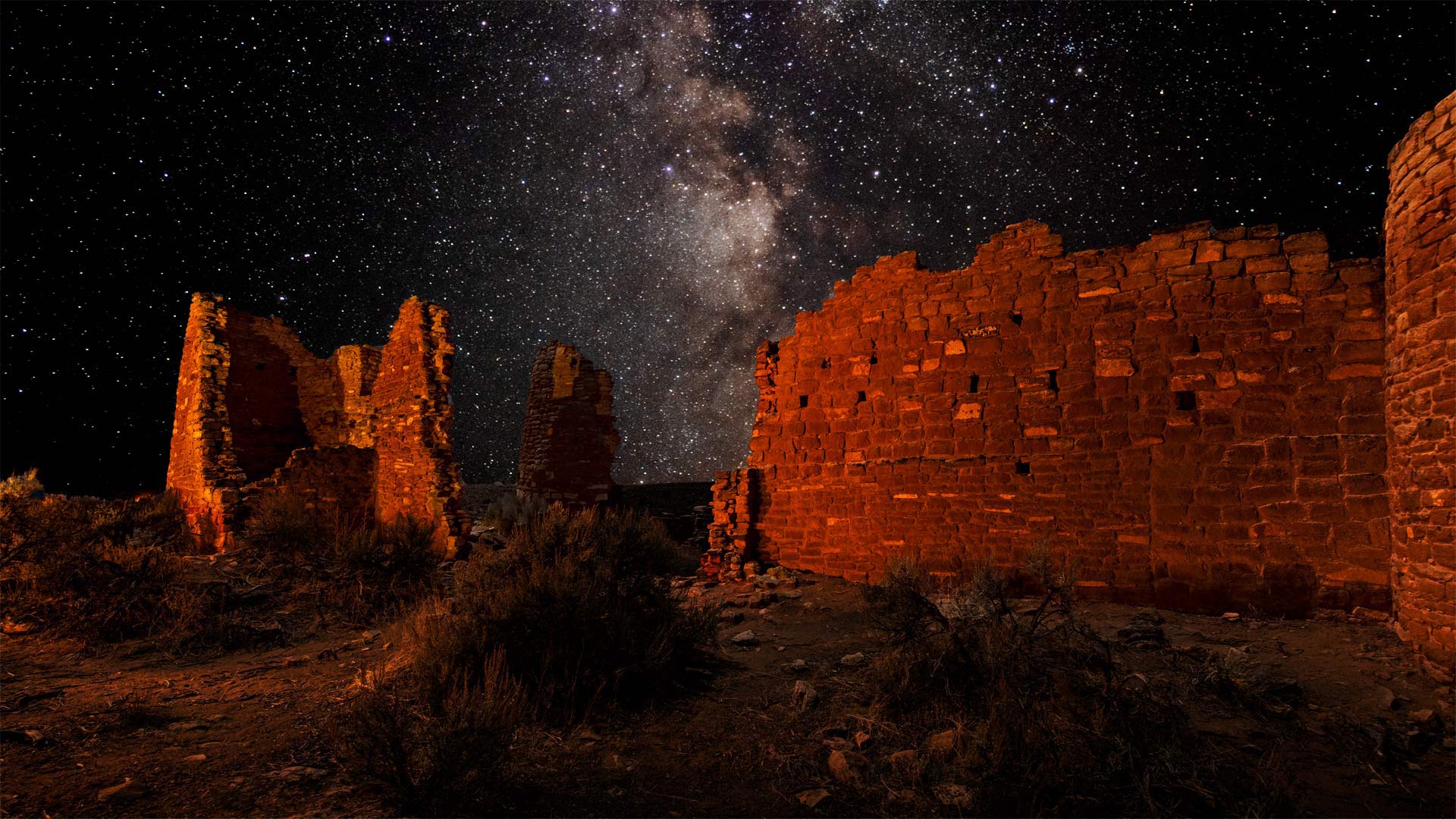Liberia has recently announced a new partnership with a Chinese supplier to install a state-of-the-art incinerator system in the country. The system is expected to greatly improve waste management and environmental sustainability efforts in the region.
Background
Liberia has been facing challenges with waste management for several years. The country has struggled to effectively dispose of its waste, leading to environmental pollution and public health concerns. In an effort to address these issues, the Liberian government has sought out international partnerships to implement modern waste management solutions.
New Partnership
The new partnership with a Chinese supplier will bring a cutting-edge incinerator system to Liberia. The incinerator is designed to safely and efficiently dispose of solid waste, including medical and hazardous materials. The system will adhere to international environmental and safety standards, ensuring that it does not contribute to air or water pollution.
Expected Benefits
The installation of the state-of-the-art incinerator system is expected to have a number of benefits for Liberia. Firstly, it will greatly improve the country’s waste management capabilities, helping to clean up the environment and mitigate public health risks. Additionally, the incinerator system will contribute to sustainable development efforts, aligning with Liberia’s commitment to environmental preservation and climate action.
Future Plans
Looking ahead, the partnership with the Chinese supplier is just one step in Liberia’s broader efforts to modernize its waste management infrastructure. The government is also exploring opportunities to enhance recycling and waste-to-energy capabilities in the country, with the goal of achieving a circular economy model.
Overall, the collaboration with the Chinese supplier represents a significant investment in Liberia’s environmental and public health infrastructure. The new incinerator system is expected to make a positive impact on the country’s waste management efforts, paving the way for a cleaner and more sustainable future.








